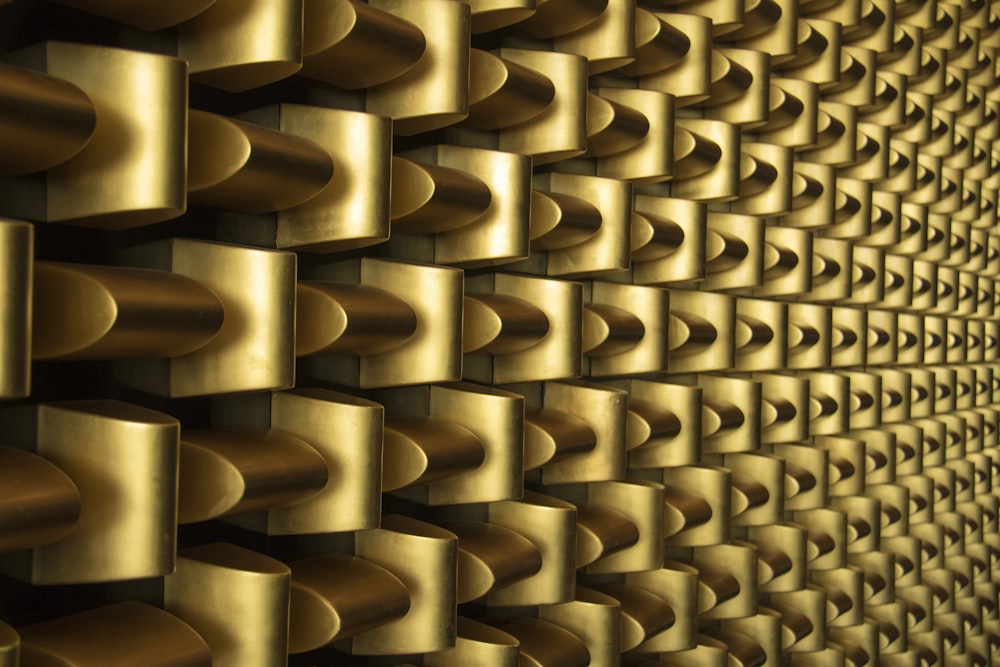

“The depository shall make available a debit card, issued upon a request by the depository account holder, in which the depository account holder may make transactions which are debited from the balance of the holder’s account. The balance available to the depository account holder through use of the debit card shall be equal to eighty percent (80%) of the current spot price of the deposits of the depository account holder.”
In Florida, Rep. Doug Bankson and Rep. Chip LaMarca filed H697 on Dex. 4. Sen. Ana Rodriguez filed a companion, S750, on Dec. 6. These bills include several provisions to treat gold and silver more like money, including language to establish a bullion depository.A depository account holder would be able to purchase, sell, deposit, or withdraw bullion. It would include “electronic systems” for the purchase and sale of bullion for depository account holders who cannot or choose not to travel to the physical location.The bill includes provisions for the creation of an electronic currency backed by gold or silver and made available to the public. This would open the door for people to use precious metals stored in the depository in everyday transactions.These bills are similar to legislation Gov. Greg Abbott signed a bill into law creating the Texas State Bullion Depository in 2015. The Texas depository received its first deposits in the summer of 2018. The following year, the state exempted precious metals in these depositories from taxation.IMPACTA state gold repository creates a path toward monetary independence for a state. This is why countries around the world include gold in their reserves. Over the last several years, central banks globally have significantly increased their gold holdings.Several countries have repatriated some or all of their gold reserves over the last several years, most recently Poland, Hungary and Romania.University of Houston political science professor Brandon Rottinghaus said a state depository could serve a similar function for Texas.
This is another in a long line of ways to make Texas more self-reliant and less tethered to the federal government. The financial impact is small but the political impact is telling, Many conservatives are interested in returning to the gold standard and circumvent the Federal reserve in whatever small way they can.”
In his signing statement, Abbot emphasized the autonomy the new facility could provide the state.
…the Texas Bullion Depository will become the first state-level facility of its kind in the nation, increasing the security and stability of our gold reserves and keeping taxpayer funds from leaving Texas to pay for fees to store gold in facilities outside our state.”
A state bullion depository also creates the potential for monetary competition by facilitating the use of gold and silver in everyday business transactions. This is a stated part of the plan for the Texas Bullion Depository.In a nutshell, through the depository, Texans will be able to deposit gold or silver and pay other people through electronic means or checks. Private individuals and entities will be able to purchase goods and services using assets in the vault in the same way they use cash today. Doing so has the potential to open the market to sound money in day-to-day transactions. Ultimately, depositors will be able to use a bullion-funded debit card that seamlessly converts gold and silver to fiat currency in the background. This will enable them to make instant purchases wherever credit and debit cards are accepted.By making gold and silver available for regular, daily transactions by the general public, the new depository has the potential for a wide-reaching effect. Professor William Greene is an expert on constitutional tender and said in a paper for the Mises Institute that when people in multiple states actually start using gold and silver instead of Federal Reserve Notes, it would effectively nullify the Federal Reserve and end the federal government’s monopoly on money.
Over time, as residents of the state use both Federal Reserve notes and silver and gold coins, the fact that the coins hold their value more than Federal Reserve notes do will lead to a ‘reverse Gresham’s Law’ effect, where good money (gold and silver coins) will drive out bad money (Federal Reserve notes).
“As this happens, a cascade of events can begin to occur, including the flow of real wealth toward the state’s treasury, an influx of banking business from outside of the state – as people in other states carry out their desire to bank with sound money – and an eventual outcry against the use of Federal Reserve notes for any transactions.”
Gresham’s Law holds that “bad money drives out good.” For example, when the U.S. government replaced silver quarters and dimes with coins made primarily of less valuable copper, the cheap coins drove the silver out of circulation. People hoarded the more valuable silver coins and spent the less valuable copper money. So, how do you reverse Gresham?The key is in making it easier to use gold and silver in everyday transactions. The reason bad money drives out good is that governments put up barriers to using sound money in day-to-day life. That makes it more costly to spend gold and silver and incentivizes hoarding. When you remove barriers, you level the playing field and allow gold and silver to compete head-to-head with Federal Reserve notes. On an even playing field, gold and silver beat fiat money every time.More By This Author:January Historically A Strong Month For Gold The Christmas Gift That Keeps On Taking Bank Bailout Program Balance Surges Again In December
















